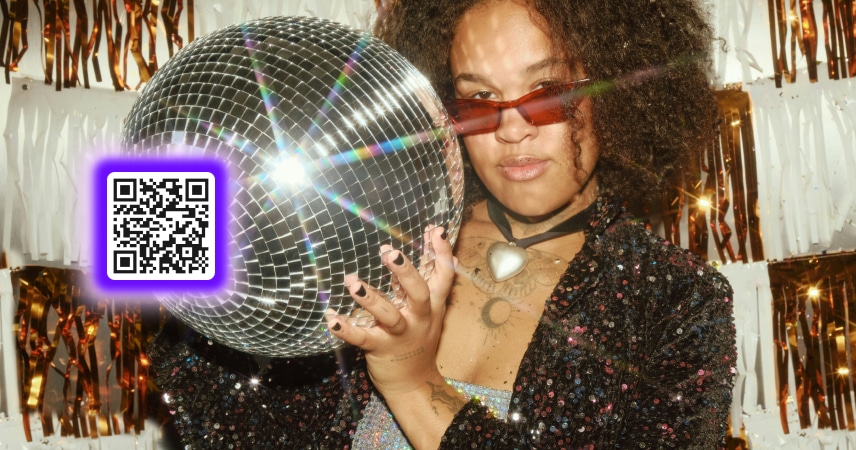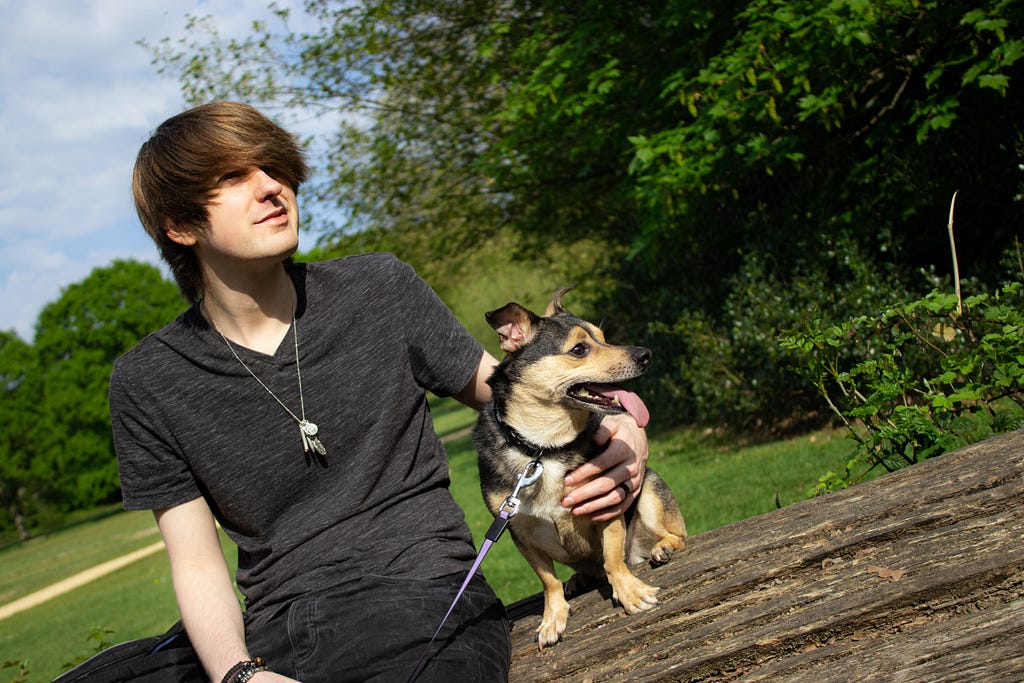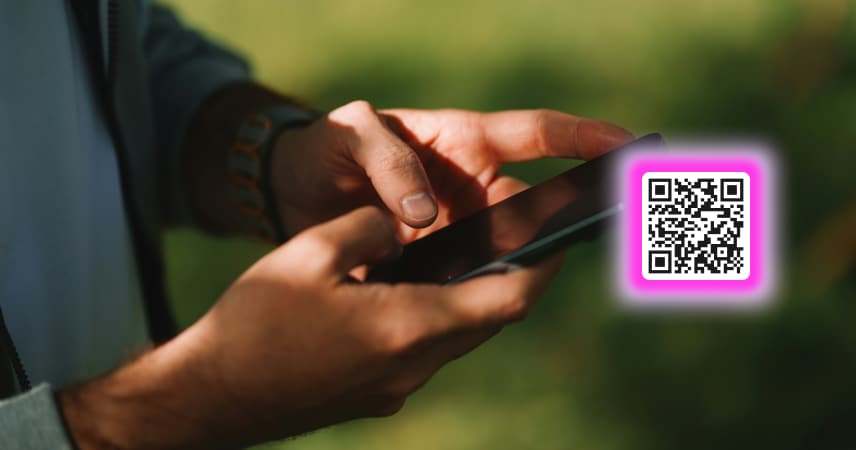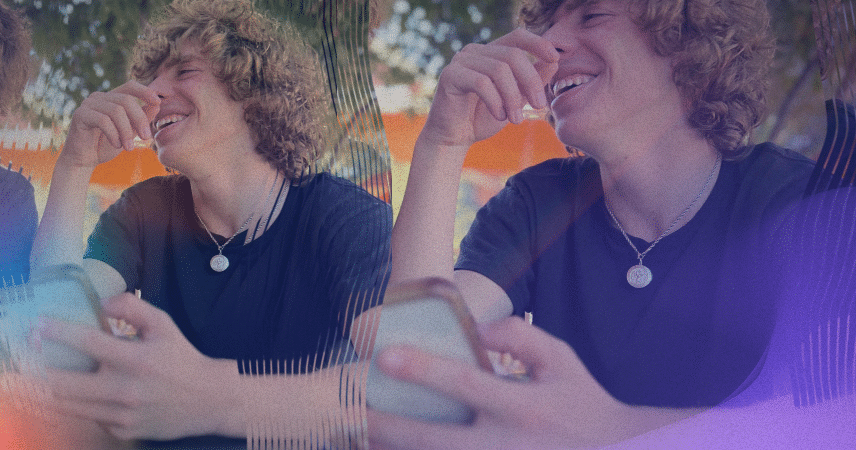Bisexuality, part 2: My perception of bisexuality and finding yourself


- Understanding yourself: the Kinsey scale is an academic piece of your sitting from heterosexual to homosexual. Does it apply to bisexuals?
Absolutely. Having legitimized views on where you/I sit in terms of attraction can help develop who you are as a child, teen, or adult.
Kinsey scale can be used to see how far you lean either way, not at all, or maybe dead in the middle.
2. “Did you know you were bisexual to start with?”
No way. I only had girlfriends and no desires to be with a guy at all (not even rating them secretly in my head). It wasn’t until I became intimate with my now-partner that I realized I simply am attracted to both sexes.
Important: my story is unique to me; not everyone will experience the same path. I’ve met friends that outright know they are straight, gay, bisexual, pansexual, asexual, etc. Right from the start of when they were mature enough to understand their hormones.
3. People’s perception & your development
Developing a resilient personality is essential to not taking everything said about your LGBTQ+ persona to the level where it causes mental anguish. You have value as a human being, no matter what your labels are. Your labels do not change your value.
Only you define who you are, not other people. If you are bisexual, then you are not gay. If you are gay, you are not bisexual. Own who you are, and wear it with pride, uplift yourself and your fellow peers.
4. Do not make bad choices to feel normal
Drugs, bad relationships, and self-destruction are not the pathways to becoming normal. I found myself at the end of trauma through various things that I won’t go into detail here. But find the strength within yourself.
There are people, many people that find love at 18, 30, 50, or even 70. You may feel alone and defeated, but you are not. You have an entire community of resources to back you up. It’s important to remember that love has no “norm,” and whether you sleep with 1 or 60 people, your body is your choice to do what you want with — just be safe about it.
Conclusion:
Sometimes people are coming from a place of ignorance when they ask you something that could be considered quite offensive. My advice is not to take these things so personally and focus on the fact that they’re taking the time to ask you. Use these moments to educate people around you and spread awareness.
Come out on your terms; if you feel your life may be in danger, seek a professional to help you. If there are none, protect yourself as much as you can. Love and respect yourself.
It’s also important to note that not all people face the same journey and outcomes of coming out; some people can be majorly at risk. As fellow LGBTQ+ people, we must respect their journey and how they choose to come out (or not). Just because you or my parent(s) are tolerating, does not mean the same can be said for all LGBTQ+ people.
I wrote this article to express my own experiences of my sexuality — if you have any questions you’d like to ask me, my Taimi handle is @JoshTurner — no question is too stupid. Even if you’re not yet part of the LGBTQ+, you are still valid as a human.
Bisexuality, part 2: My perception of bisexuality and finding yourself was originally published in Taimi on Medium, where people are continuing the conversation by highlighting and responding to this story.



